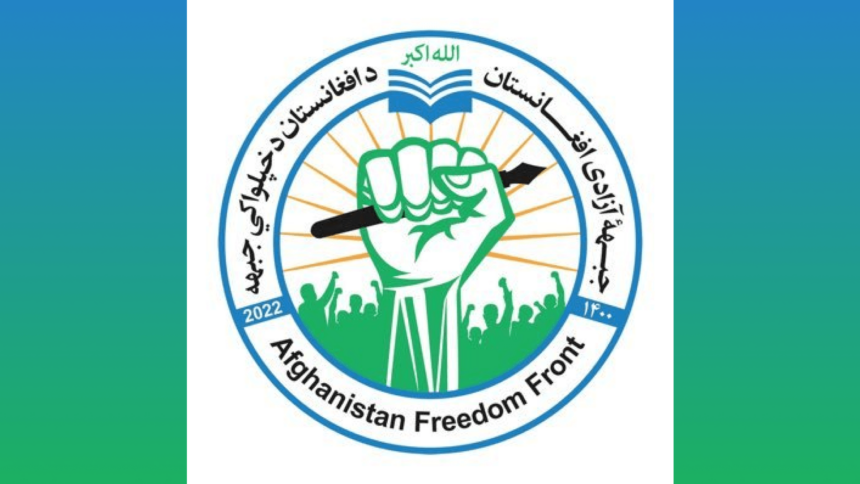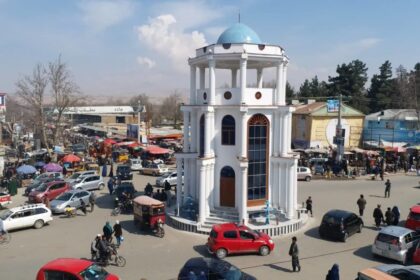RASC News Agency: The Freedom Front of Afghanistan has announced that it targeted a Taliban base in Taloqan, the provincial capital of Takhar, leaving at least two Taliban members dead and two others wounded. In a statement released on Sunday, September 2, the group said its fighters launched the attack late Saturday evening against a Taliban garrison in Police District One of Taloqan. The Freedom Front emphasized that its fighters successfully recorded and disseminated video footage of the operation, underlining both the precision of the strike and the group’s ability to document Taliban losses. According to the statement, neither civilian lives nor members of the resistance force were harmed during the operation.
Simultaneously, several residents of Taloqan confirmed on social media that multiple explosions and bursts of gunfire were heard across parts of the city on Saturday evening, corroborating the group’s claims of sustained clashes. The Taliban, consistent with their routine response to such setbacks, have so far remained silent. Historically, the group either downplays or outright denies reports of attacks by opposition movements in order to project an image of control. However, repeated incidents such as this one increasingly expose the fragility of Taliban authority across the provinces. The Freedom Front is among the two principal armed resistance groups still active in Afghanistan, alongside the National Resistance Front (NRF). Both groups have maintained insurgent pressure on the Taliban through periodic ambushes and guerrilla strikes, especially in the northern and central regions of the country, including Kabul. Only a week earlier, the Freedom Front claimed responsibility for another targeted assault in the capital, which reportedly killed two Taliban members and wounded two others.
The continuation of such attacks underscores the widening gulf between Taliban propaganda and the realities on the ground. Despite the Taliban’s repeated claims of having restored security nationwide, Afghanistan remains plagued by armed opposition, public dissent, and growing discontent with Taliban rule. Adding to the regime’s unease, sources close to Taliban officials revealed that a recent high-level gathering of provincial governors in Kandahar was primarily focused on addressing the surge in armed resistance. The very fact that the Taliban’s leadership convened emergency deliberations on what they described as “escalating opposition attacks” reflects their deepening anxiety over the resilience of anti-Taliban forces.
While the Taliban continues to attempt projecting its grip on power, the persistence of resistance offensives highlights a stark reality: Afghanistan remains unconquered by authoritarian decree, and the Taliban’s fragile hold faces mounting challenges from within.






